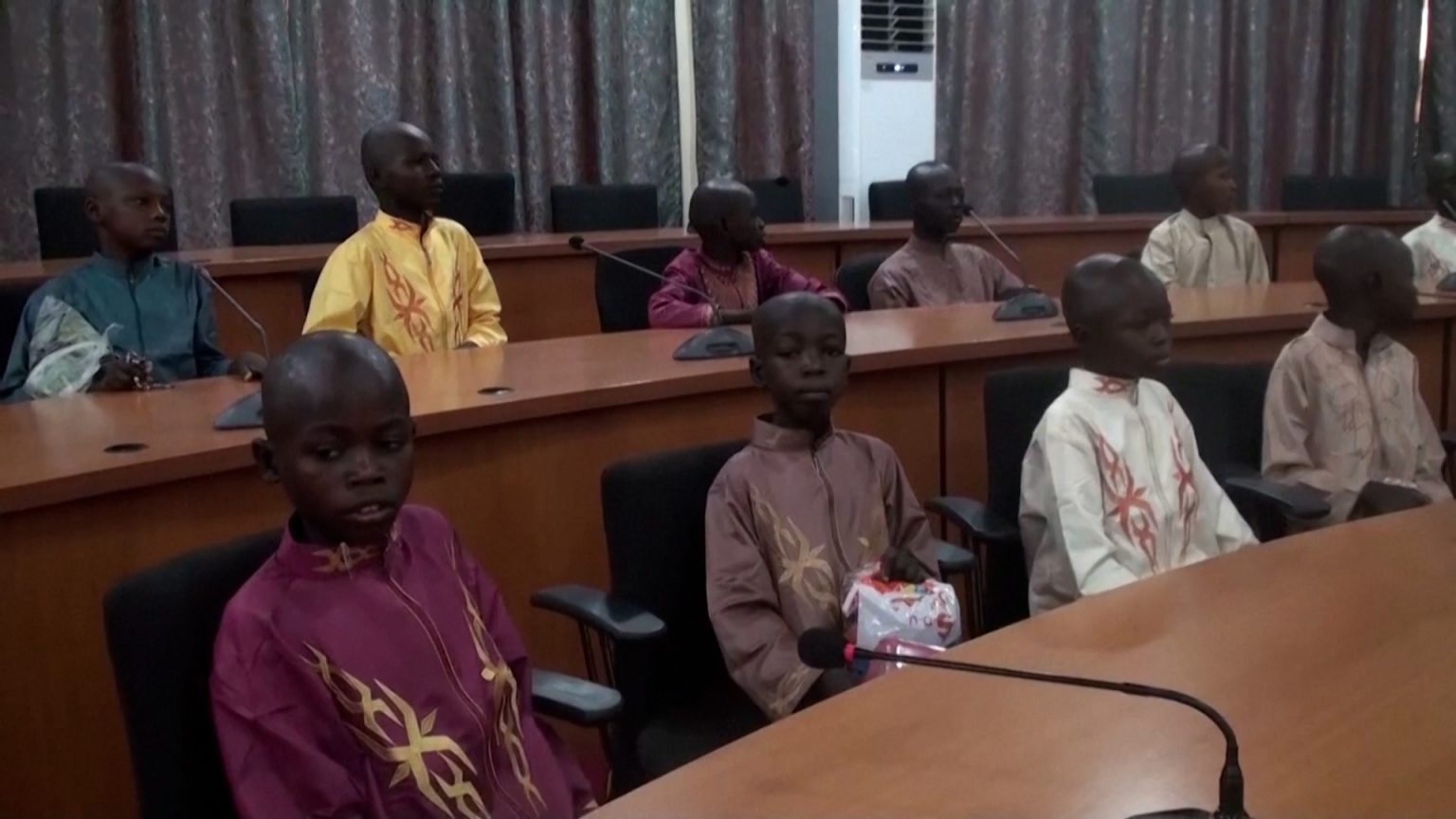In northern Nigeria, two separate groups of kidnapped children have been freed in recent days. On Friday, the army rescued a group of children who had been abducted from Sokoto. Then, early on Sunday, more than 130 students from Kaduna were released. These kidnappings are unfortunately not uncommon in Nigeria, where armed groups often target schools and kidnap students for ransom. The exact circumstances of these two incidents are not yet clear, but the safe return of the children is a relief for their families and the communities affected.
The kidnappings in northern Nigeria highlight the ongoing security challenges facing the country, particularly in the northern region. Armed groups, including bandits and insurgents, have been operating in the area for years, targeting civilians for extortion and violence. The Nigerian government has been criticized for its response to these security threats, with many calling for increased efforts to protect vulnerable communities and bring perpetrators to justice. The recent rescue of the kidnapped children is a positive development, but it underscores the urgent need for more comprehensive and effective security measures to prevent future incidents.
The release of the kidnapped children has been welcomed by officials and community members, who have expressed relief and gratitude for their safe return. The children will now be reunited with their families and receive necessary support to recover from their ordeal. However, the trauma of being kidnapped and held captive can have lasting effects on children, and it is crucial that they receive appropriate care and counseling to help them heal. The authorities must also ensure that measures are put in place to prevent similar incidents in the future.
The kidnappings in Sokoto and Kaduna are just the latest in a series of similar incidents that have occurred in Nigeria in recent years. Schools have become frequent targets for armed groups seeking ransom payments or using children as bargaining chips. These attacks not only put the lives of children at risk but also disrupt their education and traumatize entire communities. The Nigerian government must take decisive action to address the root causes of insecurity in the country and protect its citizens, especially vulnerable groups such as children.
The successful rescue of the kidnapped children is a testament to the bravery and dedication of the Nigerian military and security forces. Their swift and coordinated response helped ensure the safe return of the children and prevented further harm. However, the challenges facing Nigeria’s security forces remain significant, and more needs to be done to strengthen their capacity to combat armed groups and protect civilians. International support and cooperation may also be necessary to address the complex security situation in the region and prevent future kidnappings and attacks.
In conclusion, the release of the kidnapped children in Sokoto and Kaduna is a positive development in a challenging security environment in northern Nigeria. While their safe return is a cause for celebration, it also serves as a reminder of the ongoing threats facing vulnerable populations in the country. The Nigerian government must prioritize the protection of its citizens and work to address the root causes of insecurity to prevent similar incidents in the future. International support and cooperation may also be crucial in addressing the complex security challenges in the region and ensuring the safety and well-being of all Nigerians.


